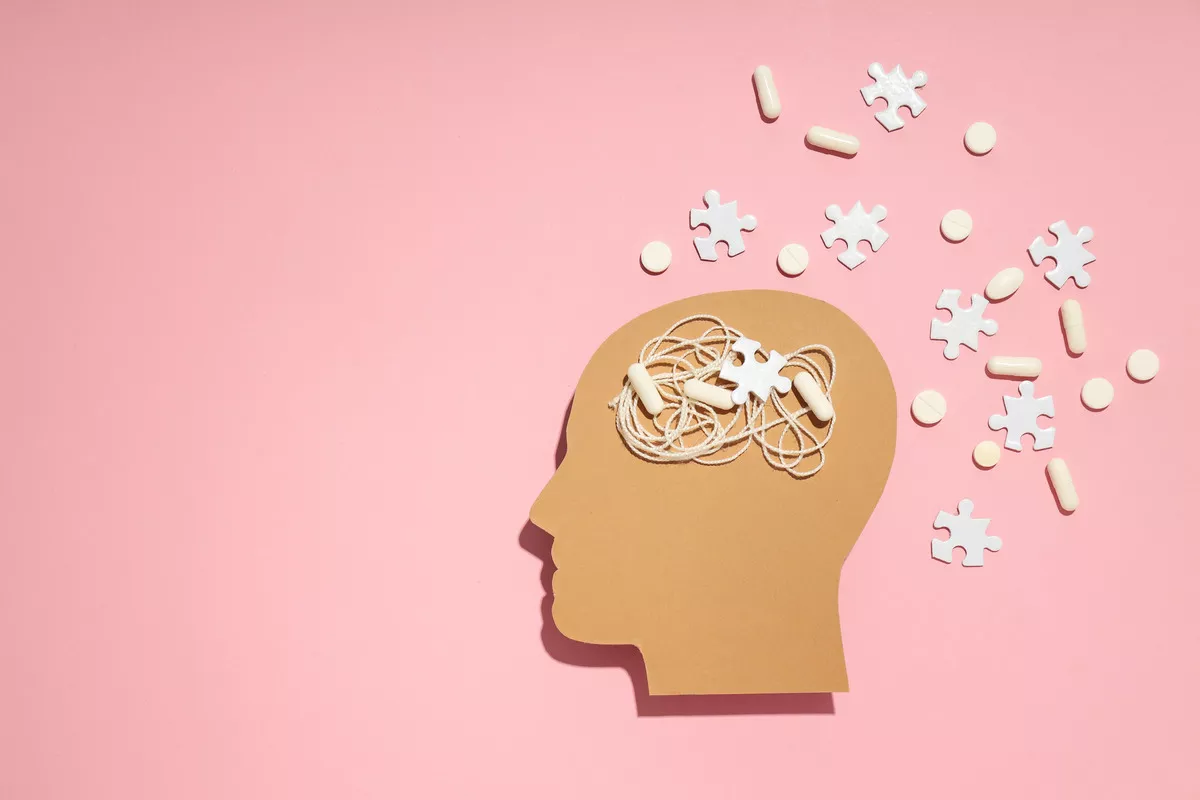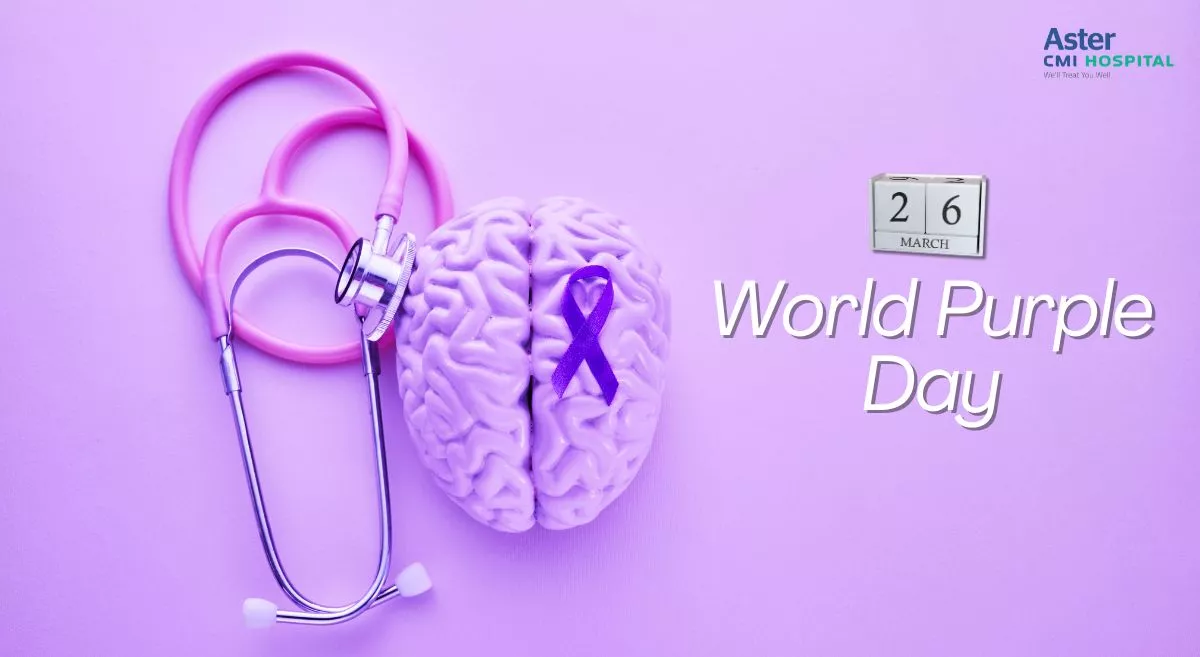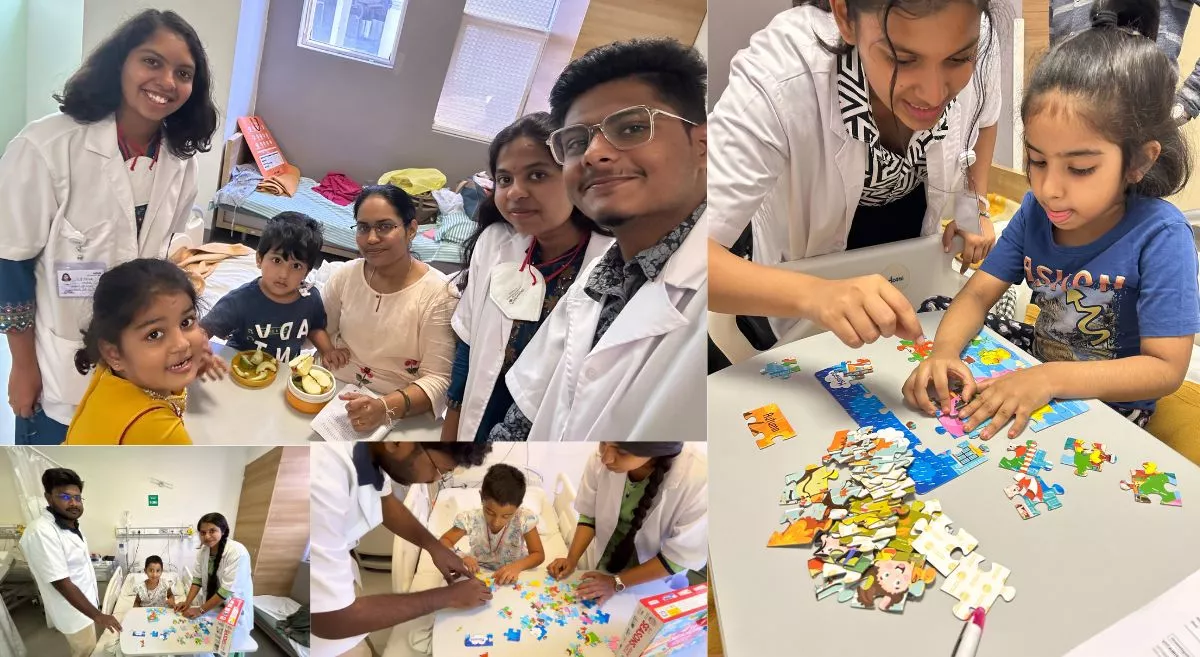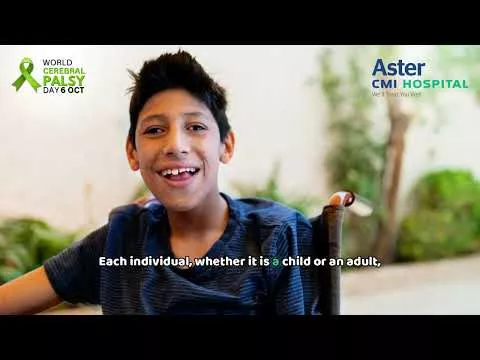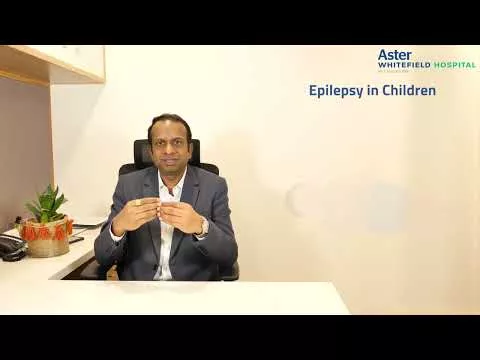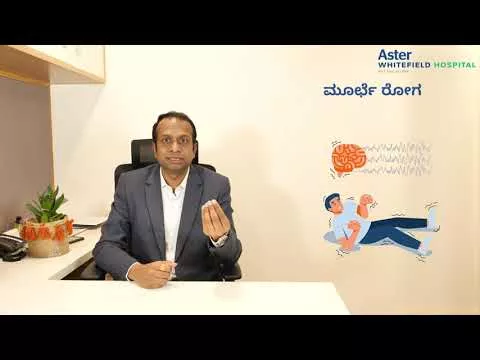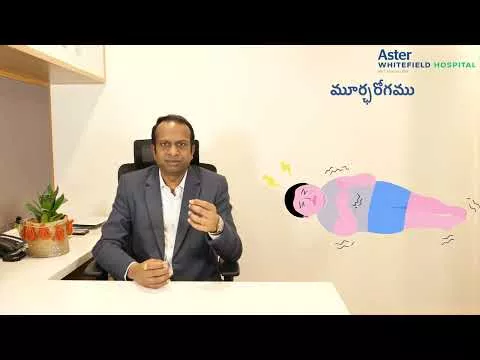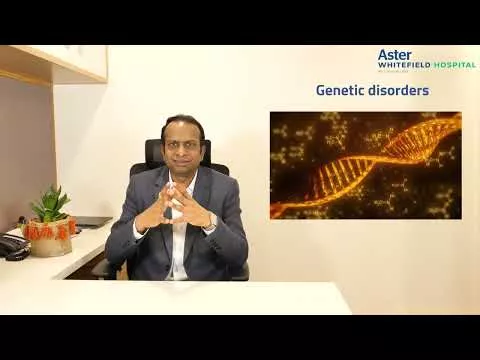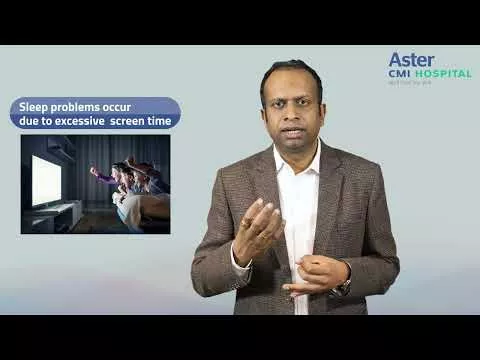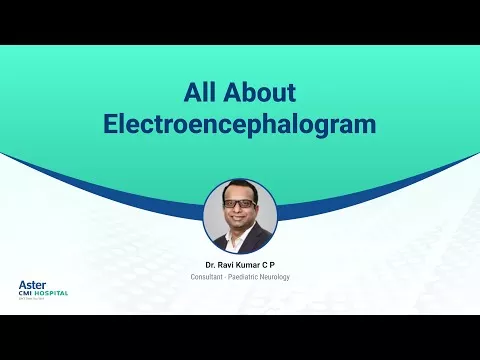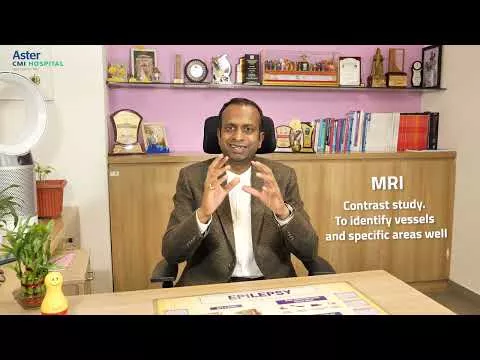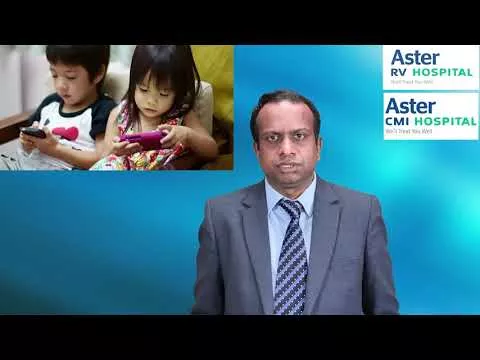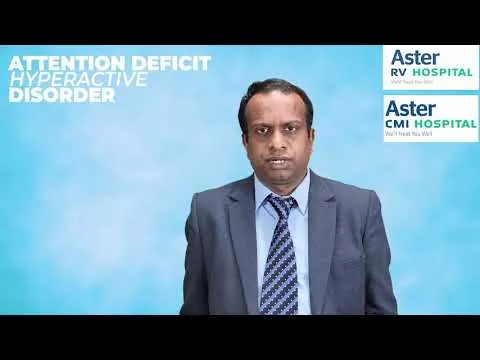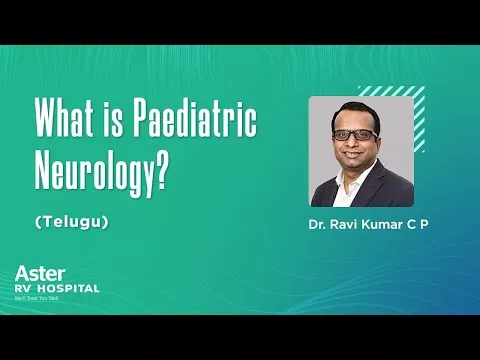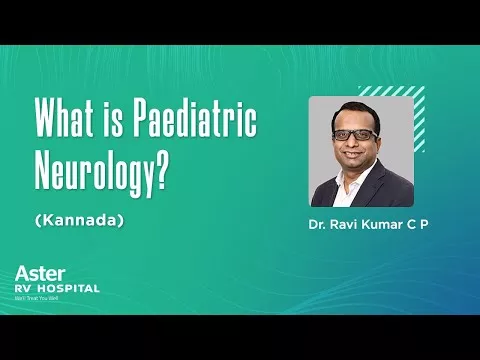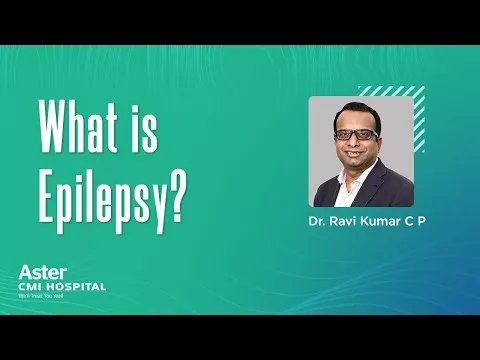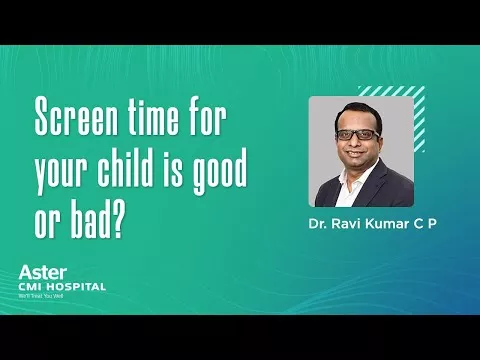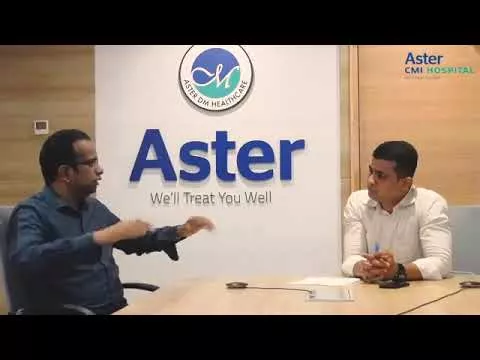Attention-Deficit/Hyperactivity Disorder (ADHD) is a common neurodevelopmental disorder that affects both children and adults, impacting multiple aspects of daily life, from academic and professional achievements to social interactions. ADHD is characterized by ongoing patterns of inattention, hyperactivity, and impulsivity that hinder daily functioning and development. Despite the challenges, effective management strategies, accurate diagnosis, and various treatment options enable individuals with ADHD to lead balanced and fulfilling lives.
Recognizing Symptoms of ADHD
ADHD symptoms are diverse but typically fall into two categories: inattention and hyperactivity-impulsivity. The manifestation of these symptoms can vary with age and individual situations, making diagnosis complex.
Here are some key symptoms of ADHD:
1. Inattention:
Struggles to maintain concentration on tasks or activities
- Often makes unintentional errors
- Finds it challenging to organize tasks and manage time efficiently
- Tends to avoid tasks that demand prolonged mental focus
- Frequently forgets routine activities
2. Hyperactivity and Impulsivity:
- Constant fidgeting or difficulty remaining seated
- Talking excessively and interrupting others
- Struggles with patience and waiting their turn
- Acts impulsively without thinking through the consequences
These symptoms can be present in varying degrees and may evolve, particularly as individuals transition from childhood to adulthood. Identifying the early signs of ADHD, particularly in children, is vital for prompt intervention and management.
ADHD in Children vs. Adults
ADHD manifests uniquely across different stages of life. In children, symptoms are often more pronounced in school settings, with difficulties following instructions and maintaining focus. Conversely, adults with ADHD may struggle with time management, completing tasks, and maintaining stable relationships. The symptoms in adults might be mistaken for anxiety, stress, or simply disorganization, making diagnosis particularly challenging.
The ADHD diagnosis involves clinical interviews, behavioral assessments, and sometimes direct observation. Professionals assess individuals based on established criteria in the DSM-5 or ICD-10 guidelines, which require that symptoms must:
- Last continuously for at least six months
- Cause significant impairment in social, academic, or occupational settings
- Appear before the age of 12
The diagnostic process usually includes:
- Initial Consultation: Gathering a comprehensive history of symptoms, school performance, and family background.
- Behavioral and Psychological Assessments: Using standardized questionnaires and rating scales.
- Medical Examination: Ruling out other possible medical or psychological conditions that could mimic ADHD symptoms.
- Interviews with Family and Teachers: Collecting additional insights about behavior in different environments.
- Direct Observation: Evaluating behavior across various settings, if necessary.
Accurate diagnosis is crucial to distinguish ADHD from similar conditions like anxiety and mood disorders, which often coexist with or are mistaken for ADHD.
Effective Management Strategies for ADHD
Managing ADHD requires a combination of strategies crafted to an individual’s unique needs. These strategies may include medication, therapy, lifestyle adjustments, and support systems. Here’s an overview of the most effective management techniques:
1. Lifestyle Adjustments
In addition to traditional treatment approaches, lifestyle changes play an important role in managing ADHD symptoms. Here are some proven strategies:
- Organizational Tools: Using planners, calendars, or digital task-management apps can help manage time and tasks. Techniques like the Pomodoro Technique (25-minute focused work intervals with breaks) are also beneficial.
- Physical Activity: Regular exercise can reduce hyperactivity and improve mood, focus, and overall mental well-being.
- Adequate Sleep: Establishing a consistent sleep routine is crucial, as lack of sleep can worsen ADHD symptoms.
- Balanced Diet: Diets rich in whole foods and low in sugar can positively affect ADHD symptoms. Certain food sensitivities, such as gluten or artificial additives, may exacerbate symptoms in some individuals.
2. Behavioural Therapy and Counselling
Behavioral therapy, particularly Cognitive Behavioural Therapy (CBT), is highly effective in helping individuals with ADHD learn to modify behavior, cope with challenges, and manage negative thought patterns. For children, Behavioural Therapy for Children focuses on rewarding positive behaviors and setting clear, consistent guidelines.
Family Therapy can also be valuable, as it helps family members understand ADHD better and develop supportive routines and strategies, which can improve family dynamics and provide a stronger support network for the individual.
3. Non-Medication ADHD Management Options
For those seeking alternatives to medication, there are several natural ways to manage ADHD:
- Mindfulness Meditation: Practicing mindfulness helps improve focus and reduce impulsivity by training the mind to stay in the present moment.
- Time in Nature: Studies suggest that spending time outdoors can alleviate ADHD symptoms, especially in children.
- Dietary Supplements: Omega-3 fatty acids and magnesium have shown potential benefits for brain health and function, which may improve ADHD symptoms.
- Lifestyle Changes: Many individuals find that a combination of lifestyle changes and mindfulness practices helps them achieve better focus and manage hyperactivity without medication.
If none of the above options show required results, then medications can be prescribed.
Medication Options
- Medication is a common component of ADHD treatment, with stimulants and non-stimulants being the primary categories:
- Stimulants (e.g., Adderall, Ritalin) increase dopamine and norepinephrine levels, enhancing focus and impulse control.
- Non-stimulants (e.g., Strattera) are often prescribed when stimulants are ineffective or unsuitable due to side effects.
- Antidepressants are sometimes used for adults with ADHD, particularly when anxiety or mood disorders coexist.
Medication can significantly improve focus and control over impulses but must be taken under close supervision to manage potential side effects effectively.
In some countries, ADHD Coaching is also available. An ADHD coach provides tailored support for individuals managing ADHD.
Coping Mechanisms for Families and Caregivers
Supporting an individual with ADHD requires empathy, patience, and practical strategies. Here are some effective approaches for families:
- Educate Yourself: Understanding ADHD reduces frustration and improves empathy.
- Establish Routines: Structured routines help individuals with ADHD stay organized and manage expectations.
- Offer Positive Reinforcement: Celebrate small achievements to build self-esteem and reinforce desirable behavior.
- Break Tasks into Manageable Steps: Dividing tasks into smaller steps can prevent overwhelming feelings and boost motivation.
Families can also benefit from support groups, which provide community and resources to share experiences and effective coping strategies.
Addressing Myths and Reducing Stigma Around ADHD
Despite increasing awareness, stigma and misconceptions around ADHD persist. Common myths include the belief that ADHD is simply a lack of discipline or that it only affects children. In reality, ADHD is a neurological condition with distinct biological underpinnings that can affect anyone, regardless of age. Raising awareness and promoting accurate information can help break down these misconceptions, creating a more supportive environment for individuals with ADHD.
When and How to Disclose ADHD
Disclosure is a personal choice that depends on the comfort level and specific needs of each individual. Some choose to disclose their diagnosis to access accommodations at work or school, while others may choose not to disclose.
Conclusion: Living Well with ADHD
While ADHD presents unique challenges, effective management strategies enable individuals to thrive. From medication and behavioral therapy to lifestyle adjustments and support from family or an ADHD coach, a comprehensive, personalized approach can make all the difference. Embracing these strategies allows individuals with ADHD to build rewarding relationships, excel in their careers, and enjoy a fulfilling life. With continued research and evolving treatments, the future for those living with ADHD looks increasingly promising.
By understanding ADHD symptoms, pursuing an accurate diagnosis, and embracing effective management techniques, individuals and families can create a life full of possibilities and growth.
